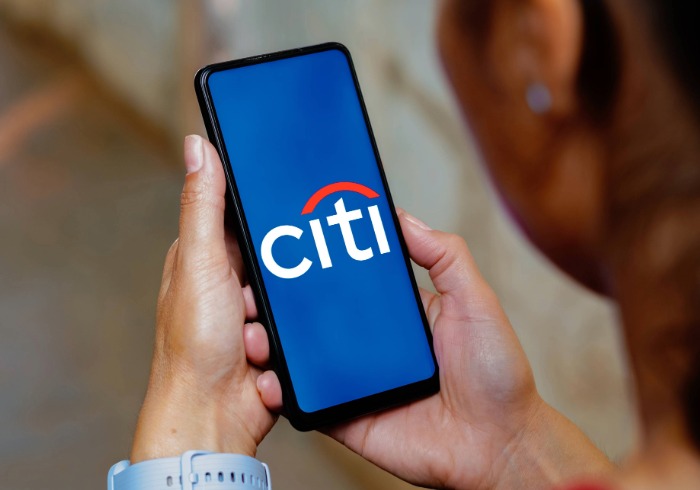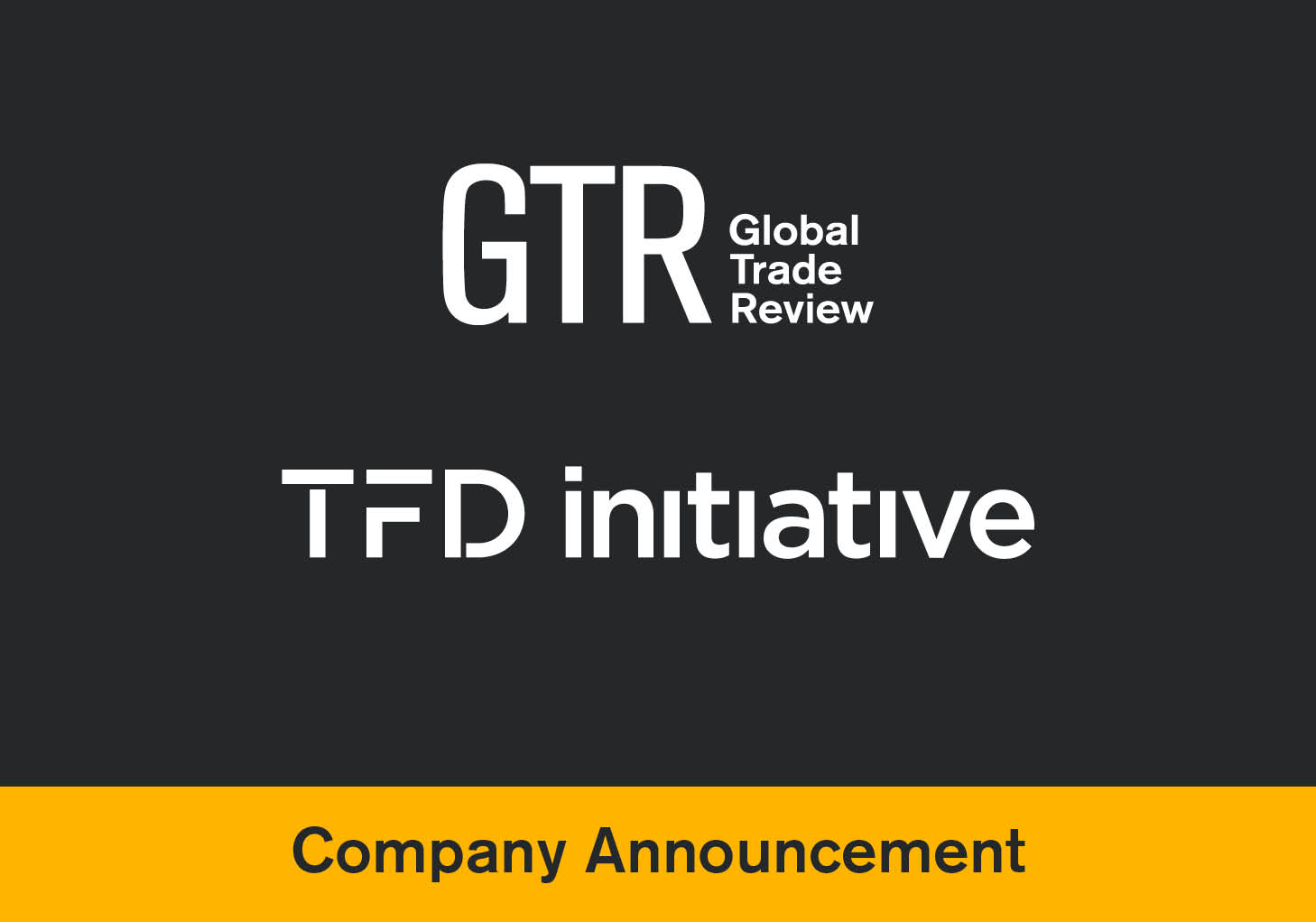Africa’s hydrocarbons sector has not been immune to the shrinking of credit availability, but deals, including Sonangol’s annual syndicated loan, continue to go ahead, writes Kevin Godier.
Now responsible for over 16% of the world’s liquefied hydrocarbon output, Africa’s oil and gas market has boomed in recent years in tandem with the steady six-year rise in oil prices to around US$147 per barrel by mid 2008.
A striking feature of the market has been the series of explorers of varying sizes that have tapped a range of financing deals for operations in West African markets such as Angola and Nigeria, and other smaller regional markets such as Cote d’Ivoire, Equatorial Guinea and Gabon. These borrowers have more often than not used the specialist and fairly settled group of oil and gas banks comprising BNP Paribas (BNPP), Calyon, Natixis, Standard Bank and Standard Chartered that are involved in most major hydrocarbons-based lending transactions in Africa, serving a hydrocarbons market characterised until very recently by massive revenue windfalls.
Even in late 2008, after oil prices had reversed dramatically, and the deterioration in the world’s financial markets had begun to seep into emerging markets, appetite for lending to key African oil projects remained strong, as illustrated by the late October close of a long-awaited seven-year, US$2.5bn syndicated loan for Angolan state-owned oil company Sonangol.
The transaction was “underwritten by a few mandated lead arrangers and will syndicate in due course”, says Anil Dua, global head of structured trade finance and project and export finance at Standard Chartered Bank. The new loan was structured to pay a higher margin, up significantly from the 100 basis points charged for Sonangol’s previous seven-year term loan signed in October 2007, he says.
“The market is more challenging than with the last Sonangol deal, and so we were able to get a higher price,” explains Dua. “We expect the appetite to be there because the Angola and Sonangol story is so strong.”
Shortly before this, the Africa-focused explorer Afren had added to a roster of funding secured during the past two years, via a US$169mn acquisition financing – arranged in September by BNPP – that will be used to purchase Devon Energy’s assets in Cote d’Ivoire. On October 8, Afren then announced a US$45mn investment by Japanese trading house Sojitz Corporation in three-year loan notes, which may become convertible bonds, facilitating its development plans for near-term production assets.
“The next big event, likely to close early next year, will be various financings surrounding the big find at the Jubilee Field in Ghana,” forecasts Dua. “There are several partners in the project, including the Ghana National Petroleum Corporation, Kosmos Energy and Tullow Oil, and a number of banks have been very busy working on that this year,” he adds, predicting that “banks will probably take this forward with an RBL (reserves-based lending) structure”.
Addax closes
Notwithstanding the appetite for West Africa, the overall level of lending liquidity for Africa’s hydrocarbons producers has become much tighter, according to Olivier Serra, head of the upstream oil and gas group, EMEA, at BNPP. “The market is getting ever more difficult in terms of pricing and putting deals together, and any new deals will probably have to wait until 2009, as the market is simply not ready to take much more debt now,” he stresses.
Calyon, BNPP and Standard Chartered were responsible for arranging one of the biggest African oil and gas transactions in the second half of 2008, a two-year, US$500mn unsecured revolving credit facility concluded in mid September for Addax Petroleum Corporation.
Addax is one of the largest independent oil producers in West Africa, producing an average of some 140,000 barrels a day, and had already secured a landmark five-year, US$1.6bn RBL facility in early 2007 and a further US$300mn convertible bond financing in mid 2007.
Its latest, corporate-style deal was oversubscribed and increased from US$450mn during the syndication process. “We also obtained good pricing, and closed at sub-3% spreads,” says Craig Kelly, Addax Petroleum’s head of corporate finance, who says the proceeds will provide extra liquidity for 2009.
“A US$60 oil price will get us through on capex next year, but the new funding gives us a bit of headroom, as you never know which way oil prices will go,” he explains.
Stephen Enderle, senior manager, energy finance, at one of the deal’s participants, Standard Bank, highlights two reasons why the September transaction was able to proceed in a market where other recent borrowing attempts have failed. “Addax has built up strong banking relationships over an eight-year period, and also possesses an impeccable credit and asset quality, producing well north of 100,000 barrels per day (bpd), and demonstrating great operational capabilities.”
Kelly acknowledges that the transaction, although highly successful, was completed at a time when the bank lending market had already begun contracting significantly.
“In April 2008, as we were firming up our term sheet conditions with our long-time relationship banks, BNPP and Calyon, there was some tangible evidence of a syndications market weakening and the banks got a little nervous, so we brought in Standard Chartered – who would in any case have been involved at the highest level in syndication – as a third bank. They were simply an extra factor to make sure that we got the deal done, which made everybody more comfortable, helping with the subsequent underwriting and syndication process.”
Direct in Gabon
As an example of how the market has reined back, BNPP’s Serra points to a US$600mn limited recourse loan tapped in May 2008 by Total Gabon, the proceeds of which were used to redevelop a field in Gabon.
“This was an eight-year deal which had no direct recourse to Total, and the group of eight or so banks were actually taking development risk – the last time that an African oil deal was done that way.”
He continues: “Most borrowers now limit their credit requests to US$200mn tops, from a group of just three-to-four banks, and with much higher pricing. Only the large independents such as Tullow and Cairn who have worked closely with their bank syndicates for years are in the market to raise billion-dollar facilities”.
Says Enderle: “There really is a pullback now to core relationships – it is difficult to do anything without those relationships in place.” He adds: “For those banks such as ourselves, which are well capitalised, the focus has switched to the very best clients – those that have nurtured the relationship and managed their growth. For these types of clients, banks will work very hard to try and accommodate their requests, and critical deals are likely to get done.”
Enderle points to independent oil and gas explorer Afren as “an excellent example of a client company that has extended their bank relationships and then leveraged them”.
Andrew Dymond, in Afren’s investor relations team, flags up a US$200mn syndicated RBL loan that Afren raised in 2007 to finance the flagship Okoro Setu project in Nigeria undertaken with its indigenous partner Amni Petroleum. He points out that the facility was “worth 75% of our market cap figure, as a non-producing company, at the time, and was also the largest loan yet to a non-producer”. And when Afren sought a US$230mn equity financing in April 2008, “the deal was snapped up by institutional investors in minutes”, he highlights.
Amni also exhibits precisely the sort of robust borrowing credentials required in the current market, argues Erik Jorgensen, chief financial officer at Amni International Petroleum Development Company. “Things are harder in the market now, but we have an equity financing lining up,” he says. “The money is ready when we need it. We have cash, no debt, and are appraising our seismic to see just how much we need, which will be linked to how many wells we want to drill.”
Serious equity finance was tapped in June 2008 by Ophir Energy, another independent oil and gas exploration company with an exploration portfolio encompassing 16 projects in eight different African jurisdictions. Ophir raised equity capital of £168mn from Mittal Investments and other institutional investors via JPMorgan Cazenove and converted a £49.8mn convertible bond, teeing up new money that will be largely used to finance its planned exploratory drilling programmes in 2008 and 2009, focusing on exploration prospects in Equatorial Guinea and Gabon.
Ophir “has been able to secure the portfolio, equipment and necessary funding to proceed with one of the most significant deepwater exploration campaigns undertaken in Africa in recent years”, comments Alan Stein, Ophir’s managing director. The US explorer Kosmos Energy – involved in Ghana’s highly prospective Jubilee field – also tied up US$500mn of equity financing from Warburg Pincus and Blackstone Capital Partners in 2008.
Sectoral crunch
But not all oil companies are so well-placed, says another banker. “The big issue now is the crisis and its effect on refinancing – and some companies with urgent refinancing needs are falling by the wayside, sometimes on the grounds of insufficient equity, after hits on their share prices during the recent stock market falls. We are taking on only the really good companies with excellent management and cashflow, or small companies with no debt. But some players – North Sea explorer Oilexco, for example – have been crushed by the banks,” he notes.
“For smaller companies, clearly the world has changed,” says Dua. “The volatility of the oil price has reaffirmed the need for strong structures with in-built price mitigation mechanisms. Smaller transactions will require a hedging of price risk to make a robust case, but I don’t think that deals will be put off, although they might be delayed a little.”
The credit crunch that has gradually spread across most of the world following the mid-2007 sub-prime mortgage crisis in the US has been well documented, and has most affected African oil and gas borrowers in the vast reduction in syndicated lending availability, as other, solvent but relatively peripheral institutions have pulled in their credit lines.
“Around six-to-eight banks are gone that provided market depth, including people such as WestLB and HSH Nordbank that were not strategically focused on Africa, and other formerly strong syndicated loan participants such as ABN Amro, which was swallowed by RBS,” Serra says
Fortis Bank, forced into a merger with BNPP, “tended to play in the larger oil company deals, where the likes of Sonangol were involved, and also some of the more structured deals,” says another banker.
He adds: “The collapse of the investment banks such as Lehman Brothers and Merrill Lynch have had no affect on lending, but remember that these were major market makers in areas such as mezzanine and equity finance. You cannot replace them – a whole part of that market has also disappeared.”
Far more structure this year
In 2009, predicts Enderle, African oil and gas borrowers will face “rising spreads and reduced capacity”, with a pronounced move away from traditional underwrite and syndicate model towards ‘club’ transactions that have dominated the market in recent months. “We’ll see a move away from unstructured, unsecured debt towards more structured debt like RBL, where you can accommodate changes in production and price,” he says.
This route may be taken by Afren, says Dymond. “We are fully financed through our work programme now, and generating cash through our Okoro Setu and Ivorian assets, and won’t be going back to the markets this year.”
In 2009, however, Afren could seek a new injection of financing for its undeveloped Ebok field, he suggests. “We are certifying the reserves now, and may seek another RBL financing next year,” he says.
Jan de Laat, global head, energy, at Rabobank, adds that the landscape may also be opening for the pre-export financing structures that are well suited to lower oil prices, in a situation where “banks will be looking to lend for maximum return in cases where the risks are acceptable”.
While Rabobank’s distinct strategy has been to steer clear of syndicated lending – and to position itself on the ground in African oil and gas producing markets of the future, by taking stakes ranging from 39-49% in local banks in countries such as Mozambique, Tanzania, Zambia, Rwanda and Uganda – de Laat nonetheless wonders whether African explorers are dealing with “a temporary, or longer-term” shortage of liquidity. “If you take Russia, the only clarity is that margins are heading back in the direction of the 1990-95 period,” he contends.
NNPC’s anticipated entrance
The strongest lending focus from 2007 onwards has beamed onto Nigeria, where the post-consolidation strength of the local banking market has provided a new funding source, aligning with Abuja’s push to increase the role of Nigerian energy companies in the local energy sector.
In early August, Nigerian banks provided the full amount of a N26bn (US$220mn) financing agreement for the NGL II gas-to-liquids project at Escravos, being developed by the Nigerian National Petroleum Corporation (NNPC) and its joint venture partner Mobil Producing Nigeria.
The supplemental cost facility was priced at Libor plus 275bp, and represented the first substantial oil and gas sector project financing in Nigeria funded exclusively by Nigeria-licensed banks, according to the financial advisor and structuring bank, Standard Chartered.
“It paves the way for Nigerian banks to play an important role in the critical oil and gas sector,” says Dua, citing the presence of Oceanic Bank, United Bank for Africa, Access Bank, Skye Bank and Union Bank and Standard Chartered Nigeria as mandated lead arrangers, and Platinum Habib Bank and Zenith Bank as lead arrangers.
Whether NNPC is poised to tap the banking markets for its first-ever borrowing facility in its own name remains a matter of conjecture, given its ongoing restructuring. “NNPC has been forever talking about this. They could start with about US$1bn to establish their name, but nobody knows when they might be ready,” posits another banker.
Lending benchmarks for Nigeria’s hydrocarbons sector have recently been created for indigenous oil and gas company Oando, which raised an innovative US$200mn naira-linked loan in March to help it purchase two Nigerian offshore oil licences from Royal Dutch Shell. The two-year bilateral loan, solely arranged and provided by Merrill Lynch International, was fully guaranteed by local banks Zenith and Guaranty Trust Bank and brought in a number of funds as investors.
According to Chuka Mordi, Lagos-based head of infrastructure at the domestic lender FCMB Capital Markets – which provided Afren with a US$50mn loan in 2007 – the Nigerian banking market is also focusing on local companies in the oil service sector. “Hitherto financed by only foreign banks, these players are being courted by Nigerian banks that now have the balance sheets to fund their operations,” he says.
Of particular note in this respect, adds Dua, is the huge activity across all of Africa in the local downstream sector. “Local banks have become very important players in financing entrepreneurs that are importing fuel and getting it to the petrol pumps. If the super-majors sell off more of their downstream Nigerian assets, Nigerian banks will play an even stronger role here.”
Gulf of Guinea activity
Elsewhere in the Gulf of Guinea, Côte d’Ivoire’s national oil company Petroci Holding secured a US$45mn financing from BNPP and Fortis Bank in mid 2008 to part-finance a US$220mn, 400km product pipeline from Abidjan to Bouake.
A large regional pipeline project which has brought together a tapestry of financing and guarantees is the West Africa Gas Pipeline (WAGP), designed to transport Nigerian natural gas to Benin, Ghana and Togo via a mainly offshore 620km route.
To expedite the project, which has faced serious delays, the Dutch development finance institution FMO has, since 2005, taken the unusual step of providing full, 100% equity finance for offtakers Societè Beninoise de Gaz (SoBeGaz) and Societè Togolaise de Gaz, which will hold an aggregate 4% stake in the project.
“Although the WAPG project is close to completion, a very significant cost overrun needs financing in the next months – and FMO is being asked to step up to the plate again,” says Marc Buiting, a senior investment officer at FMO. “We think the risk is very significant but no other bank was willing to consider financing Togo and Benin’s access to the pipeline.”






